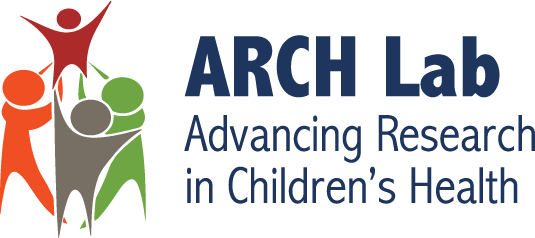The ARCH Lab recently collaborated on a paper titled “School learning modes during the COVID-19 response and pre- to during pandemic mental health changes in a prospective cohort of Canadian adolescents” in the journal Social Psychiatry and Psychiatric Epidemiology.
The paper surveyed from 7270 adolescents attending 41 Canadian secondary schools participating in the COMPASS study. Results indicated:
- students learning in a blended learning mode had greater anxiety increases relative to their peers in other learning modes
- females learning fully in-person and males learning virtually when optional reported less of an increase in depression scores relative to their gender counterparts in other learning modes
- learning virtually (when optional) was associated with greater declines in psychosocial well-being in students without happy home lives relative to other learning modes
Findings demonstrate the importance of considering gender and home environments as determinants of mental health over the pandemic response and when considering alternative learning modes. Further research is advised before implementing virtual and blended learning modes. Potential risks and benefits must be weighed in the context of a pandemic.






